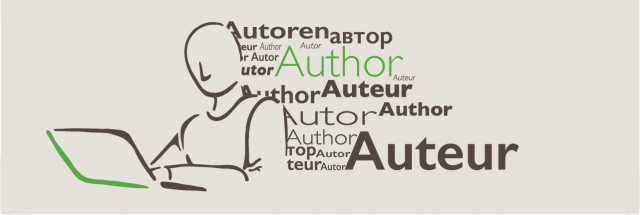August/September 2010
One of the Democratic Republic of Congo’s (DRC) biggest blessings is its strong women. More often than not, they are responsible for raising the children, taking care of the family and working in the fields. In a country ravaged by years of deadly civil war and sexual and gender-based violence, women are well poised to act as the country’s true creators of peace.
 It was therefore a great privilege to plan and organize the first Creators of Peace Circle in the DRC to empower women, together with Eve Bazaiba, Lucienne Munono and Asiya Mohammed. As a facilitator, I was intrigued by the concept of empowering Congolese women to be agents for change. Yet, I wondered about the power of dialogue in the DRC, which faces such a complexity of problems. Any doubt that I felt, however, disappeared during our very first session together.
It was therefore a great privilege to plan and organize the first Creators of Peace Circle in the DRC to empower women, together with Eve Bazaiba, Lucienne Munono and Asiya Mohammed. As a facilitator, I was intrigued by the concept of empowering Congolese women to be agents for change. Yet, I wondered about the power of dialogue in the DRC, which faces such a complexity of problems. Any doubt that I felt, however, disappeared during our very first session together.
I’ll never forget standing in a circle among colorfully-dressed Congolese women, holding one corner of a large piece of string, and defining the essence of peace in French. Together, these women could create change within their communities and within the DRC. While one was actively engaged in empowering Congolese youth, another was completing Law school to become a Magistrate and yet another served as the Chair Lady of the DRC chapter of the International Women’s League for Freedom and Peace. Together, we agreed that peace was more than the absence of conflict. How each of us could be agents of change in creating this “positive peace” was explored in subsequent sessions on inner listening, inner peace and forgiveness.
A strong bond quickly developed among the women. This bond was most evident during the “personal story” sharing segment at the end of each circle, where each woman shared openly about their personal struggles and transformations in creating peace. After these moments of sharing, each woman was honored with a moment of silence. Our rapport only grew stronger as the sessions progressed, over sessions filled with laughter and delicious Congolese food.
 Participatory theatre, poetry, solo performance, drawing and letter writing were all used as facilitation techniques to encourage women to have honest conversations on conflict and peace. In the DRC, theater and acting, comes naturally, so the women relished the opportunity to create characters as they explored destruction and creation of peace. Another more challenging technique that was shared was inner listening and meditation. This demanded a high level of inner quiet and concentration, and was found to be very beneficial by most.
Participatory theatre, poetry, solo performance, drawing and letter writing were all used as facilitation techniques to encourage women to have honest conversations on conflict and peace. In the DRC, theater and acting, comes naturally, so the women relished the opportunity to create characters as they explored destruction and creation of peace. Another more challenging technique that was shared was inner listening and meditation. This demanded a high level of inner quiet and concentration, and was found to be very beneficial by most.
One of the most powerful discussions of the circle was creating peace in the context of the DRC. This seems quite a daunting task, given the history of conflict in Eastern Congo, which continues to this day. However each woman emphasized the role that women have to play in ending cycles of hate and revenge. The spirit of optimism during this discussion was immensely encouraging to everyone.
During the final session, one of the women who is the Director of Communications with an international organization decided that she would use video and media to highlight the positive accomplishments of Congolese women. These would then be aired on national television, with the hope of inspiring other Congolese women to create positive change. She began by interviewing a few peace circle participants for her very first series. Partnerships were formed between the women, who expressed a desire for keeping the spirit of the Peace Circle alive. Asiya and I look forward to hearing the next steps.
The Creators of Peace circle experience in the DRC was transformative, because it made us all think about our individual role in creating peace. We must search for peace and struggle for forgiveness within ourselves, before we can spark the desire for peace in others, setting off a positive chain reaction. In the midst of conflict in the DRC, these women brought such hope and optimism to us and to each other. Much as the logo of Creators of Peace suggests, we must stand together, hand in hand as a united force and believe in our own ability to be the change we wish to see in the DRC, and in the world.
Alex Martins


